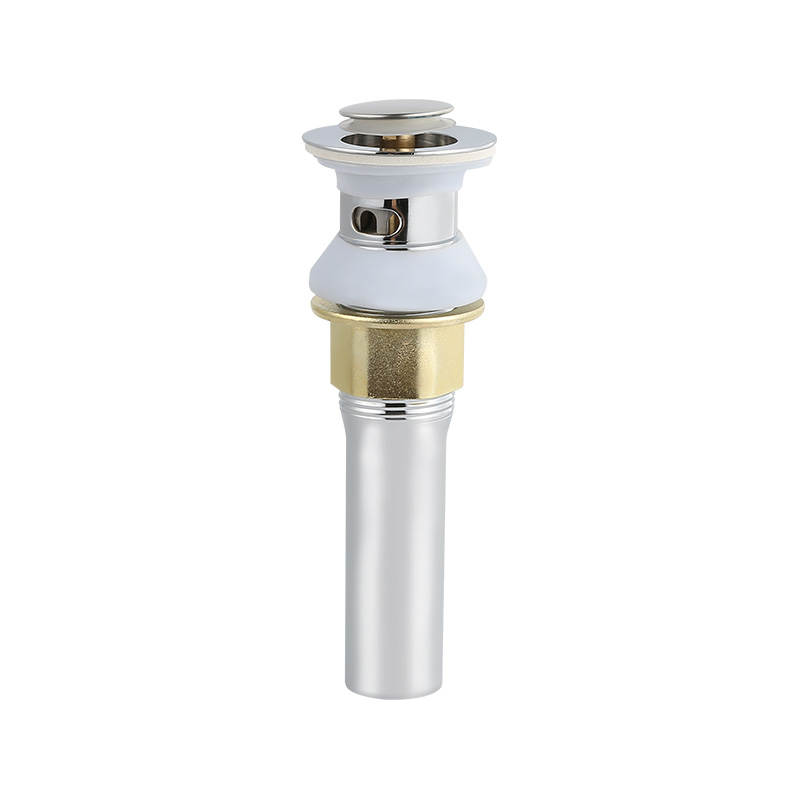The Role of Plumbing Traps in Preventing Sewer Gas and Odor Issues
Plumbing traps play a crucial role in preventing sewer gas and odor issues in buildings. These traps are important components of plumbing systems and are typically installed in various fixtures, such as sinks, toilets, and floor drains. Their primary function is to create a water seal that blocks the escape of sewer gases into living or working spaces. Here's how plumbing traps work and why they are essential:
Creating a water seal: Plumbing traps manufacturers are designed with a curved section of pipe that retains a small amount of water. This water forms a seal, known as a water trap or P-trap, that prevents sewer gases from entering the building. The trapped water acts as a barrier, effectively blocking the passage of foul odors and harmful gases.
Gravity-based protection: The shape of the P-trap is intentional, as it takes advantage of gravity to maintain the water seal. The curve in the trap retains a sufficient amount of water even when the fixture is not in use. As wastewater flows through the trap, it displaces the water, but once the flow stops, gravity causes the water to settle back into the trap, reestablishing the seal.
Ventilation system integration: Plumbing traps are often connected to a ventilation system, such as a vent pipe or vent stack, to provide proper airflow and equalize pressure within the plumbing system. These vents allow air to enter the system and help maintain the water seal in the traps. By regulating pressure and providing ventilation, they prevent the trap from siphoning or losing its water seal, ensuring its effectiveness in blocking sewer gases.
Preventing health hazards: Sewer gases contain various toxic and malodorous compounds that can pose health risks to occupants if allowed to infiltrate living or working spaces. Hydrogen sulfide, for example, is a highly toxic gas that can cause respiratory problems, eye irritation, and even death in high concentrations. Plumbing traps act as a protective barrier, preventing the entry of these harmful gases and safeguarding the indoor air quality.
Mitigating odors: In addition to health hazards, sewer gases are often associated with unpleasant odors. Plumbing traps effectively prevent these odors from permeating the building, ensuring a more pleasant and hygienic environment for occupants.

Regular maintenance and inspections of plumbing traps are essential to ensure their proper functioning. Over time, traps may become dry due to evaporation, which can compromise the water seal. Therefore, it is recommended to periodically pour water down infrequently used drains or fixtures to maintain the traps' effectiveness.
In summary, plumbing traps play a vital role in preventing sewer gas and odor issues by creating a water seal that blocks the escape of gases. They protect indoor air quality, prevent health hazards, and ensure a more comfortable and hygienic living or working environment.
Related Products
-
 View More
View More
1 1/4" brass P trap with pipe corrugated for kitchen & bathroom sink drain
-
 View More
View More
1 1/2" Stainless Steel Flexible P Trap Pipe Corrugated For Kitchen & Bathroom Basin Drain
-
 View More
View More
1 1/4" brass P trap Bathroom accessories Kitchen accessories
-
 View More
View More
1 1/4" brass P-trap for bathroom and kitchen sink
-
 View More
View More
1 1/4" stainless steel wash basin P trap with clean-out
-
 View More
View More
1 1/4" Brass Kitchen Sink Wash Basin P Trap With Clean-Out


 English
English Español
Español عربى
عربى







